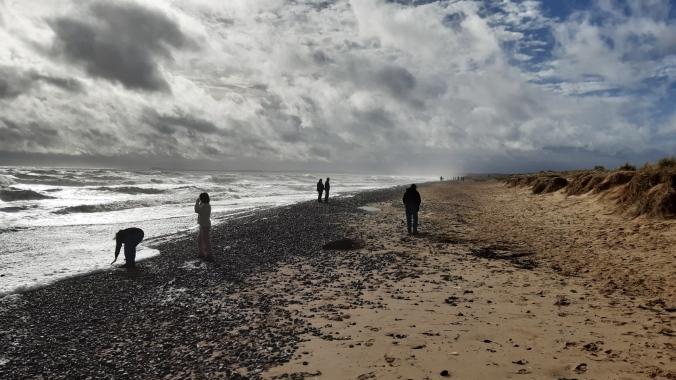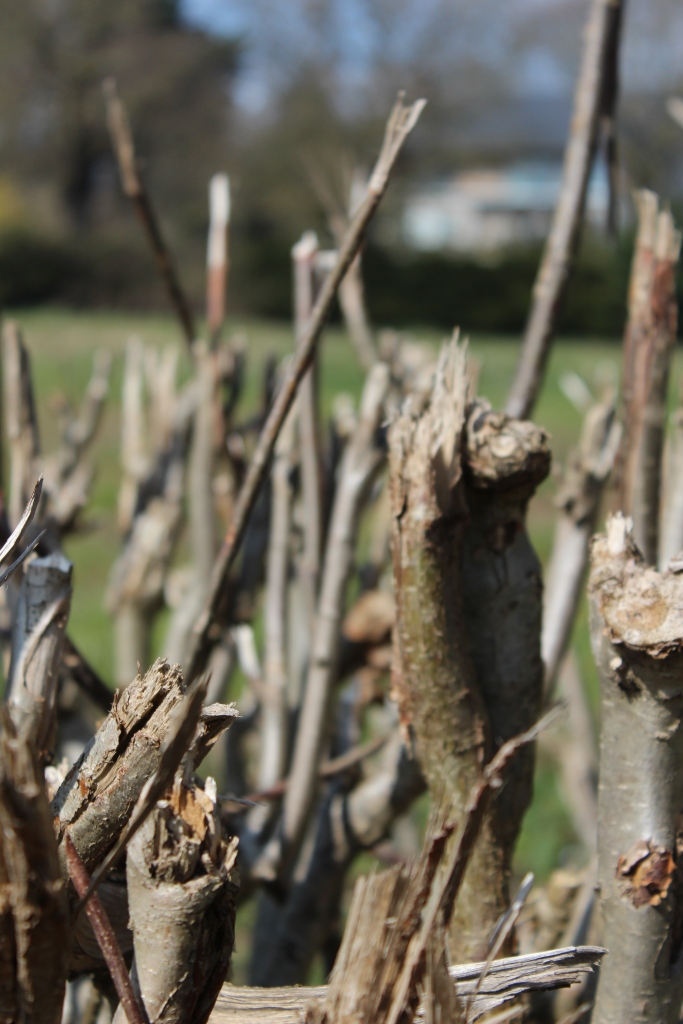


The poem I’m sharing with you today was written at a previous New Year. We nearly missed the foot ferry between Southwold and Walberswick while out on a long winter’s walk with our family. It ran till sunset – and sunset was upon us. Today, I’m glad for this poem, glad I wrote it and by it am able to remember this magical evening at the turn of the year, the time we spent together on this Walberswick walk, and the strange feeling of being suspended between the two shores, the two closed gates, in the hands of the ferryman whose course was sure even though it seemed to slant so across the water.
So too with time, in the space between two years, when we look back at what has been, and look forward to what will be. We are glad to spend time with those we love, and perhaps especially miss those who are not with us. Love glimmers in this golden limpid darkness between times.
Perhaps in this space we can dream of a shore with warm, welcoming lights, with togetherness, with hope. Perhaps we may find we can be such a shore for each other, and keep lights of hope and welcome burning in the long cold nights.
May you have a blessed, happy new year. Thank you so much for your time and company on this blog. I value that gift very much.

I’ve shared with you another poem about winter walking along this shore, and a murmuration of starlings. Such an awe inspiring dance of togetherness. You can read that here.

Crossing the Blyth at sunset, at the turn of the year.
We walked fast towards the ferry –
nearly too late –
and saw the ferryman on the other side,
the gate closed behind him.
But we waved, and he came,
his blue boat a long wide
curve across the river.
Behind him the setting sun,
the treeshapes
black against the orange sky,
How beautiful it is.
He helps us on board,
offering me his hand
with nautical courtesy,
and then shuts the gate
firmly behind us.
So we thank him, and our blue boat
begins to churn those golden waters
rippling with a fast tide,
as we seem to hang for a time
between those two closed gates,
between those two jetties,
in neither one space, nor the other.
We are somewhere else instead,
where all is gold,
where darkness lies behind,
where the lights of the houses and
the wide-open pub are ahead of us,
lights that warm with the hope of welcome.
We are suspended for a while
in this Adnams-blue boat
with the diesel and the saltsmell
and the cry of the birds,
bathed in light, trailing
an ice hand in water
the same colour
as the light.
Here we are.
This moment.
Between two moments.
How beautiful it is.



































